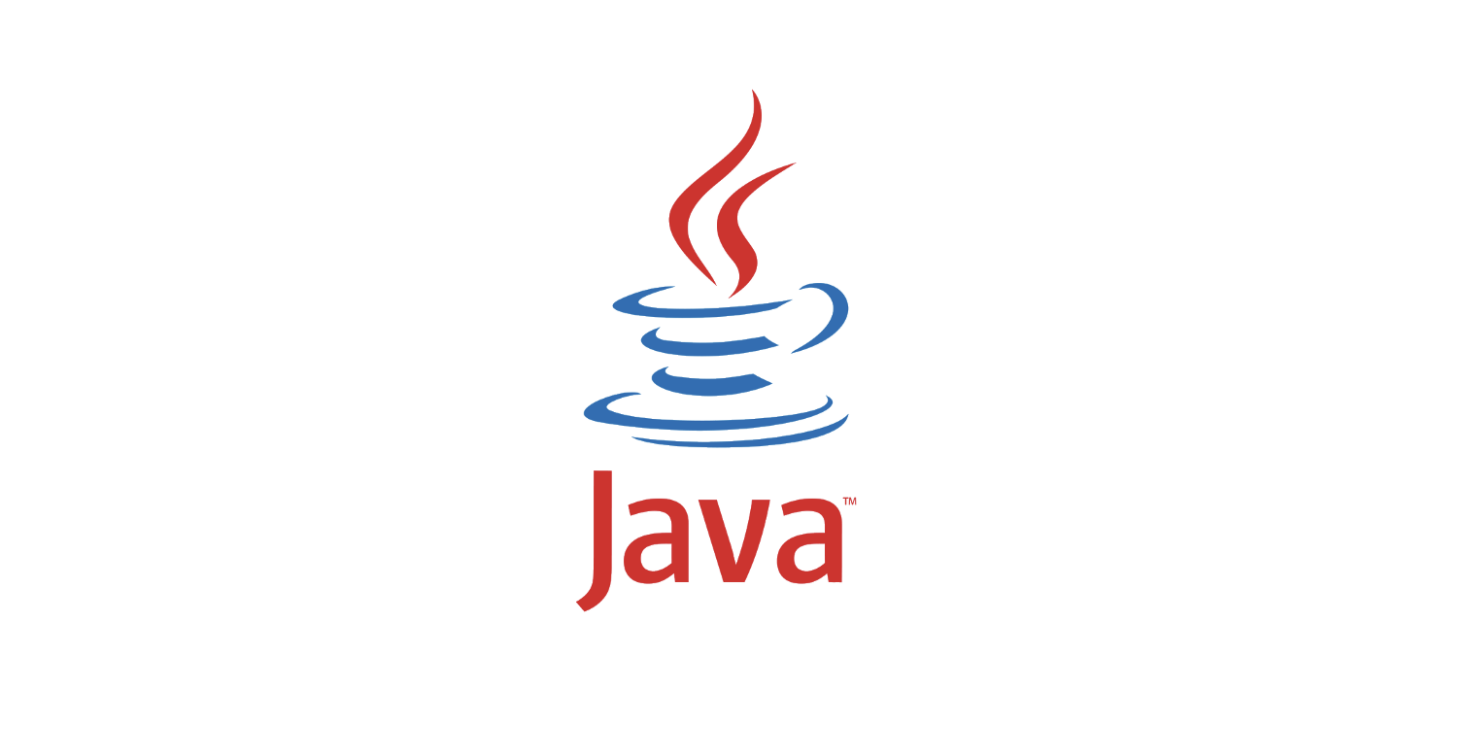
Open-source libraries are a set of precompiled, reusable files, functions, scripts, routines, and other resources that computer programmers can frequently use to create software. In simple words, open-source libraries are public libraries that have no barriers to purchasing subscriptions.
Application development can be a tedious task if you are new to the field or looking for something out-of-the-box. Open-source libraries help people initiate their projects. Whether it’s automation or development from scratch, this software will provide you with kits that enable coding more easily. You can easily find open-source java libraries or Python libraries that will help in coding structure.
Table of Contents
Advantages of Open-Source Libraries
1. Agile Methodologies
If you can’t compete in agility, you’re going to get left behind by the competition. open-source makes technology agility possible, which often provides several solutions to a given issue. Because a particular capability isn’t offered by a vendor, open-source helps prevent your IT department from becoming stranded. You can develop that capability on your own rather than having to wait for the provider to do so.
2. Cost Effective
In general, open-source software is far less expensive than proprietary ones. In a corporate setting, open-source solutions are often far more affordable for similar or better capability. They also provide businesses with the flexibility to start small and scale (more on that coming up). Investigating open-source alternatives just makes good financial sense, given that businesses frequently face financial difficulties.
3. Information Security
Open-source libraries have a strong security framework in place to prevent data or creative work from being stolen. Regarding issues with information security, the open-source community and vendors have been highly responsive. Because of open-source, we have access to sometimes decades-old code. Allowing us to identify and fix problems as they develop rather than letting the code decay in a proprietary environment where others take advantage of the exposure while few are aware of it.
4. Start Small
You must have seen that even children are learning to code, and people have started earning from self-developed games or other software. Open-source libraries are the best resources for sick people or anyone who wants to save money from code modelers. People can start their applications or learn without spending exorbitant amounts of money.
5. Availability
Open-source libraries are readily available on the market. People can utilize codes to some extent. However, you will still be required to write codes because they will provide the basic layout of the game, and you will need to carry them forward.
How to find a good open-source library?
1. License
The first thing you should consider when discussing open-source libraries is a permissive license. There’s been a tonne written on the differences between the different licenses and what you need for which types of projects, so make sure you review some of that material before deciding.
2. Take a look at the issues and pull requests
Notice how long they’ve been open and how responsive the author is to them. If there are a lot of open issues or pull requests without any comments by the author, it’s a big red flag. It might mean the author has lost interest in maintaining the library, or other things have gotten in the way.
3. Popularity
If you come across a famous open-source library, don’t hesitate to use it. The reason behind choosing a popular open-source library is to have long-term support from the community, even if the author decides to stop maintaining it. The library might be forked and maintained by a subset of the community if an ideological split occurs in the community.
Where to look for an open-source library?
The Internet is stuffed with open-source libraries. However, not every library is authentic, and you can find the most relevant open-source library by considering their license, popularity, author engagement, and pull requests. The countless advantages of open-source libraries will make your development easier and safer.
Some popular open-source platforms include TensorFlow, OpenCV, PyTorch, kandi by Open Weaver, Scikit-learn, etc. Platforms like kandi help with 500+ hot topics, including Python, Java, IoT, blockchain, automation, cloud computing, etc. You can explore Java libraries or JavaScript open-source libraries to get the application development structure.
Kandi is equipped with numerous kits that enable you to kickstart your application development, and its accessibility for all languages makes it desirable for developers. If you are willing to develop any cutting-edge application software, you can choose kandi, because it is rated as one of the most reliable sources on the internet.
The Bottom Line
Open-source libraries are a great aid to beginners and people who have endless projects. Coding can be difficult if you are a beginner, and it might bewilder you about how and where to start. In such a scenario, open-source libraries help you jumpstart your development. And you can begin your search on kandi.
Hello, I am a professional writer and blogger at Adclays.com. I love to explore the latest topics and write on those topics. I spend the maximum of my time on reading and writing interesting topics which provide valuable piece of information to my readers whether it comes to the latest fashion, technology, healthy lifestyle, business information, etc. Explore my writings by visiting the website.